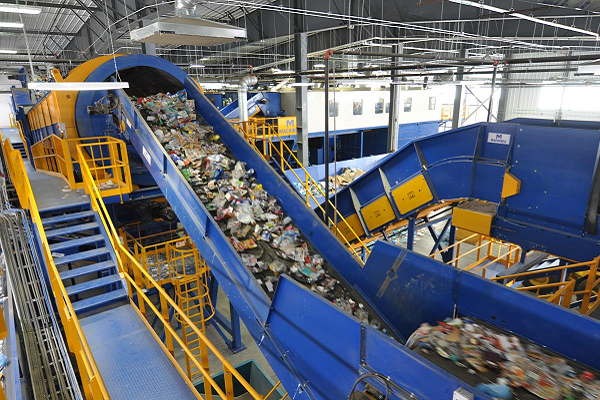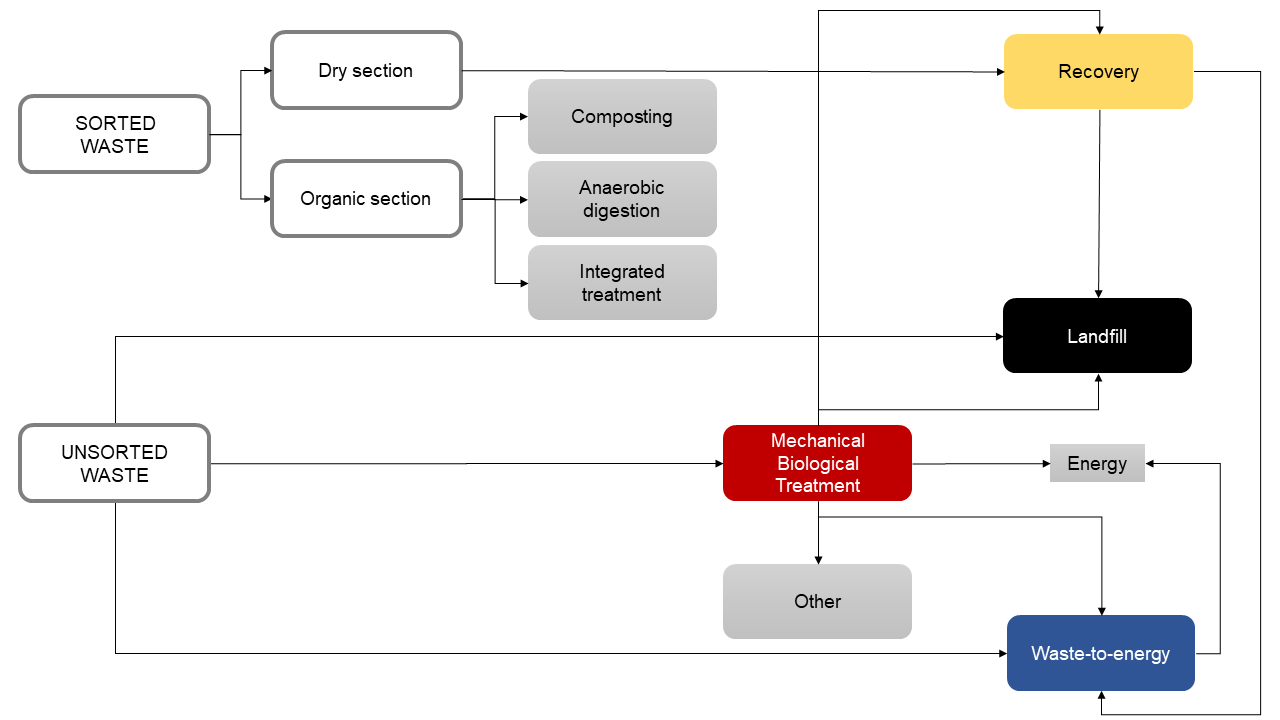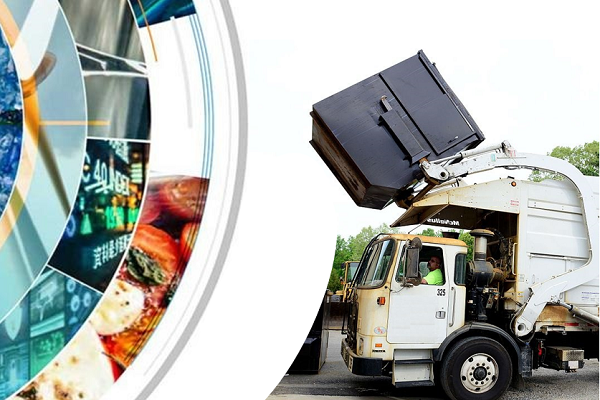(English) Efficient packaging waste management systems are essential considering recent revisions of the European legislation on packaging waste management that sets ambitious targets. European rules aim to deal with the increasing quantities of packaging waste, which cause environmental problems
Sviluppare un sistema di gestione dei rifiuti per l’economia circolare
Waste management capacity plays a prominent role in complying with circular economy goals, such as reducing municipal waste disposal by landfilling to 10%. We first analyze the imbalance in municipal solid waste management across Italy by estimating the quantities of waste to be treated using technologies different from those currently in use. Subsequently, we estimate the impact that a system compliant with circular economy goals would have on the cost of waste management.
Migliorare l’efficienza del servizio di raccorta e smaltimento rifiuti urbani
(English) Municipal solid waste collection and disposal service is a key element of the European strategy aimed at moving towards a circular economy. An efficient municipal solid waste collection and disposal is closely related to both lower waste tax and higher welfare of the interested population. In Italy, the lack of a centralized regulatory framework has determined heterogeneous performances of sector operators across the country. Firstly, we estimate the productive efficiency in different optimal territorial areas and secondly we forecast the economic benefits that would arise under a new regulatory regime. Our approach combines the well-known yardstick competition and the price-cap mechanisms. Results suggest that if all territorial areas converged to the most efficient ones, a potential saving between 12% and 19% emerges, i.e., up to €2bn savings out of €10.05bn total tax revenue in 2015, the reference year.



